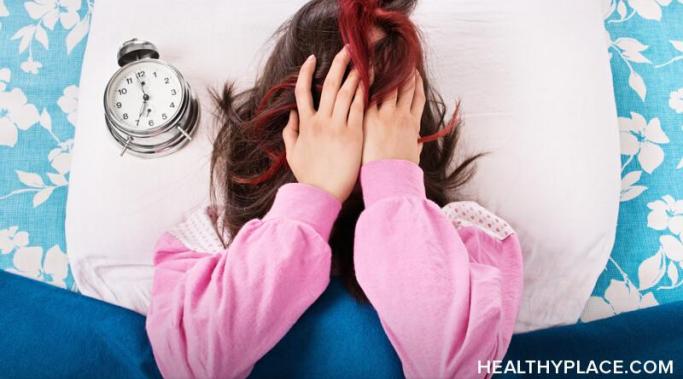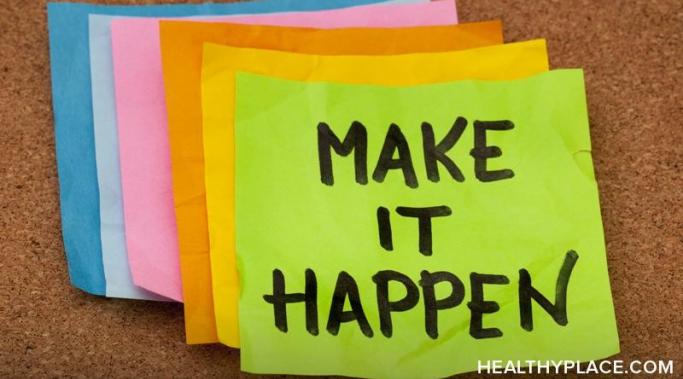Blogs
Anxious negative thoughts play a huge role in the worries, fears, and what-ifs of all types of anxiety. In turn, the worries, fears, and what-ifs fuel anxious negative thoughts. The relationship between our thoughts and our anxiety is complex, enmeshed, and downright unhealthy for us. That said, you are neither a victim nor a prisoner of your anxious negative thoughts. Despite how it might seem, you can change how you think and reduce anxiety in the process by making one shift.
Talking about your eating disorder recovery story and your struggles with an eating disorder can feel intimidating, exposing, or overwhelming. But when you reach a stable, consistent place in eating disorder recovery, that inner nudge to share your eating disorder recovery story is often disarming, healing and empowering—both for yourself and others.
Difficulties with posttraumatic stress disorder (PTSD) and intimacy are common, regardless of the nature of the trauma leading to PTSD. A quick search of the Internet will return dozens of links to websites regarding PTSD and intimacy and the challenges PTSD presents in maintaining intimate relationships. There is a flood of information regarding trust issues, poor communication, closeness, violence, sexual dysfunction, and more. However, in my case, all the facts and statistics do is cause my eyes to glaze over without really getting to the point. In an intimate relationship, partners usually come to understand each other's behaviors. What really happens in a relationship when PTSD and intimacy collide?
Online therapy for anxiety can help relieve the stress of searching for a therapist. When you’re in an anxious state, finding a good therapist can feel daunting. If you find someone, it may take weeks for an appointment. Many are turning towards the convenience of online therapy. And for people with anxiety, there are particular aspects of online therapy that can be helpful.
Mental illness struggles are often life-long, so I think it’s interesting to look back at different stages in my life and what role they played in my mental health. I have had mental illness symptoms since childhood, but they became a lot more visible when I was a teenager. My mental illness struggles are chronic, but I am in recovery now.
Preparing your mentally ill children for natural disasters is vitally important. Knowing what kinds of natural disasters are expected in your area and preparing a plan to deal with a crisis will provide a sense of control and safety to children with mental illness during a natural disaster.
I still have dreams about abuse despite the abusive relationship ending years ago and the progress I've made in my recovery from verbal and psychological abuse. Sometimes I am trapped in a house with him, unable to escape. Other times the roles are reversed: I become the abuser, and he is the one begging for my love and respect. But then there are the nightmares -- the dreams so violent and terrifying that they take weeks to shake off. I'm sure these forays into my subconscious are simply my brain trying to process what happened, but the dreams about abuse always take me right back to the way I felt at the time of the relationship abuse, and sometimes they're just downright confusing.
People with attention-deficit/hyperactivity disorder (ADHD) tend to have problems sleeping, even though good sleep helps reduce ADHD symptoms. It's a cycle—insomnia worsens the same adult ADHD symptoms that make it difficult to sleep. Why do people with ADHD frequently suffer from sleep deprivation, and is there anything we can do about it?
I’m Whitney Easton and I am grateful to be the new co-author of the HealthyPlace blog More Than Borderline. I am living with a diagnosis of borderline personality disorder and as the name of the blog would suggest, I am much more than a label or a diagnosis. I am a young woman with dreams and aspirations and I’m also a woman with a story and a past. I believe there is freedom in coming out from the darkness about my diagnosis. I look forward to hearing your experiences, too, in struggling with, and healing from, borderline personality disorder (BPD).










I believe she will only be able to rid herself of her demons, and hopefully her BPD as well, when she's ready to confront the abuse of her father. If she can put the blame where it belongs, she may stop projecting that victim/perpetrator cycle on the present men in her life. These demons are a metaphor for the purgatory she has created for herself. That reality has consequences in the real world, but it need not be real in the tangible sense. Exorcising her demons will require the expenditure of real physical energy and probably the destruction of aspects of her personality. If this ever happens, and it's possible but not probable, then these demons will evaporate. They are only as real as one's personality is real. In short, reality is not the question, it's what you make of the things you feel to be real.